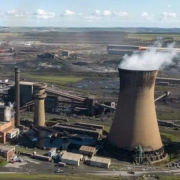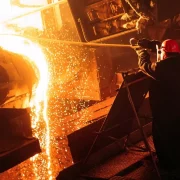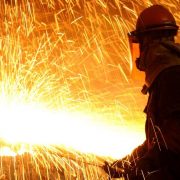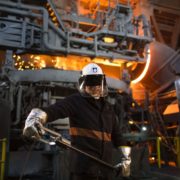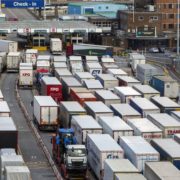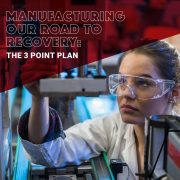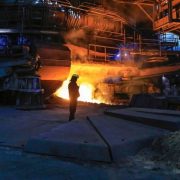The Covid-19 pandemic is a humanitarian crisis that continues to take a tragic toll on people’s lives, however, the outbreak is at risk of turning into an economic crisis also.
Factories around the world have been forced to close or run on reduced hours, causing mass disruption to global supply chains. Manufacturing output in the UK has fallen sharply, with some reducing production while others have shifted to producing much needed medicines, sanitizers, ventilators, Personal Protective Equipment (PPE) and other equipment for the health service to combat the spread of the disease.
All the indications at the moment are that, even if a gradual easing of lockdown begins soon, the impact of this shock will continue to hit companies and livelihoods for some time to come. Different parts of the economy will recover at different speeds, with export demands, consumer tastes and business models changing. This unprecedented economic challenge is forcing CEOs to contemplate difficult choices. Some are pulling in, making cuts, and focusing on surviving the storm. Others, however, are taking decisive action to put in place reforms so that when the crisis ends, they can come back stronger.
This paper sets out our 3 point plan:
- Boost economic confidence
- Ensure a safe return to work
- Build resilience
It includes a series of policies to support the manufacturing sector, stimulate recovery and help place the UK economy in the best position to deliver a digital, global and green future.
https://www.makeuk.org/insights/publications/manufacturing-our-road-to-recovery

